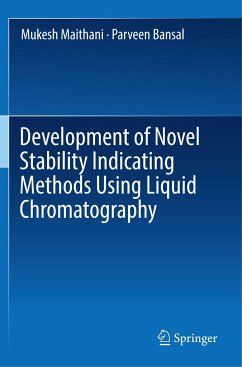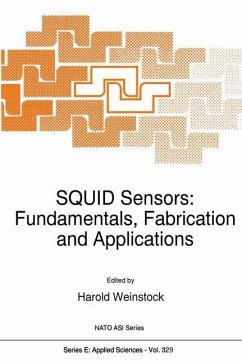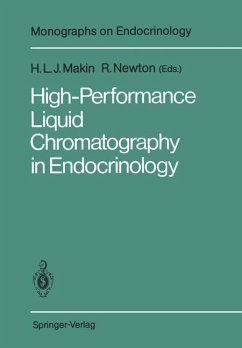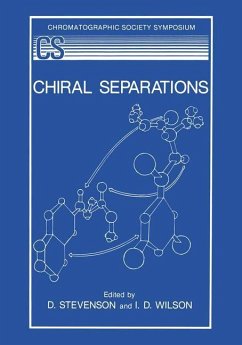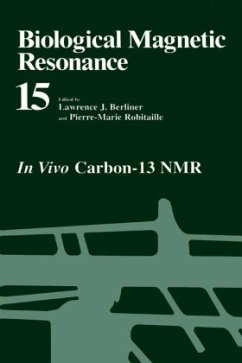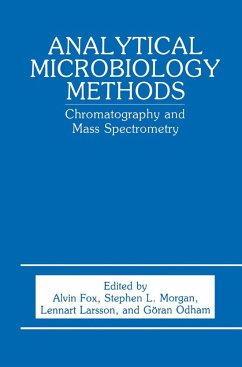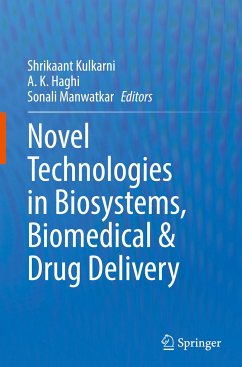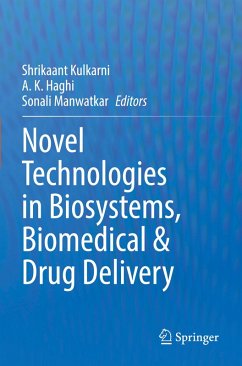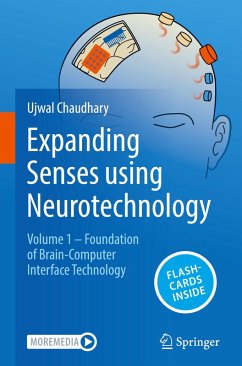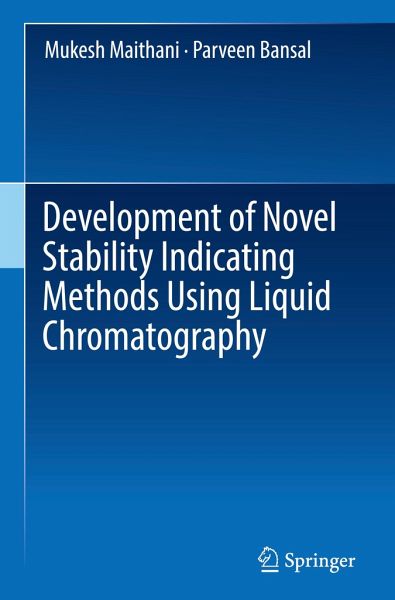
Development of Novel Stability Indicating Methods Using Liquid Chromatography
Versandkostenfrei!
Versandfertig in 6-10 Tagen
76,99 €
inkl. MwSt.
Weitere Ausgaben:

PAYBACK Punkte
38 °P sammeln!
Reversed-phase high-performance liquid chromatography (RP-HPLC) has become the most widely used method for pharmaceutical analysis, as it ensures accuracy, specificity and reproducibility for the quantification of drugs, while avoiding interference from any of the excipients that are normally present in pharmaceutical dosage forms.This book presents a simple methodology for developing stability-indicating methods and offers a 'how-to guide' to creating novel stability-indicating methods using liquid chromatography. It provides the detailed information needed to devise a stability-indicating me...
Reversed-phase high-performance liquid chromatography (RP-HPLC) has become the most widely used method for pharmaceutical analysis, as it ensures accuracy, specificity and reproducibility for the quantification of drugs, while avoiding interference from any of the excipients that are normally present in pharmaceutical dosage forms.
This book presents a simple methodology for developing stability-indicating methods and offers a 'how-to guide' to creating novel stability-indicating methods using liquid chromatography. It provides the detailed information needed to devise a stability-indicating method for drug substances and drug products that comply with international regulatory guidelines. As such, it is a must-read for anyone engaged in analytical and bioanalytical chemistry: professionals at reference, test, and control laboratories; students and academics at research laboratories, and scientists working for chemical, pharmaceutical, and biotechnology companies.
This book presents a simple methodology for developing stability-indicating methods and offers a 'how-to guide' to creating novel stability-indicating methods using liquid chromatography. It provides the detailed information needed to devise a stability-indicating method for drug substances and drug products that comply with international regulatory guidelines. As such, it is a must-read for anyone engaged in analytical and bioanalytical chemistry: professionals at reference, test, and control laboratories; students and academics at research laboratories, and scientists working for chemical, pharmaceutical, and biotechnology companies.



